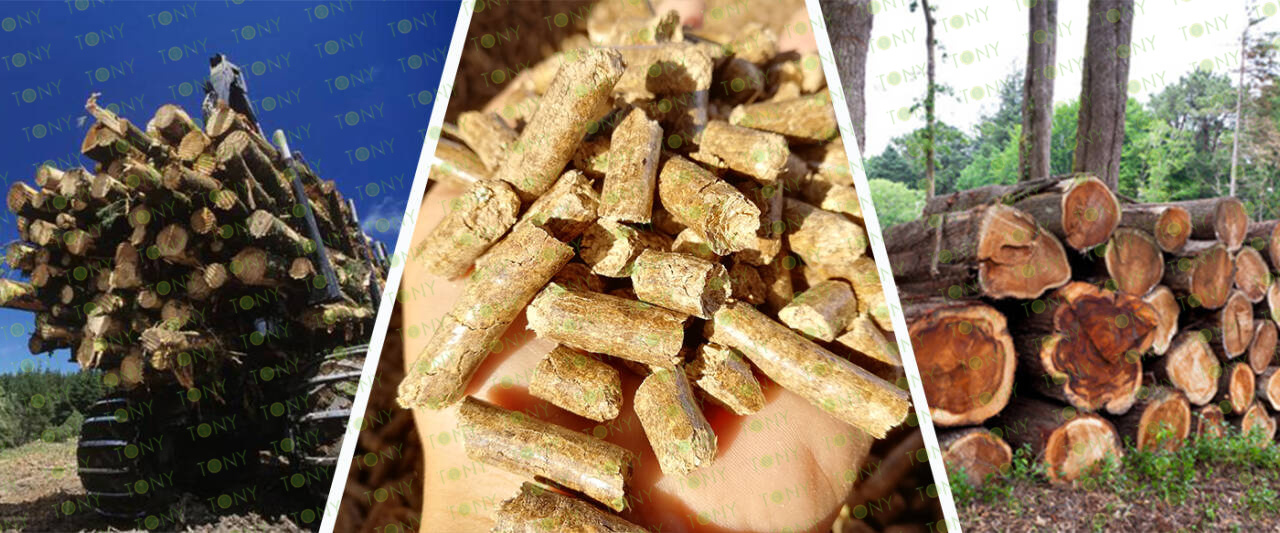The biomass pellet project has numerous entrepreneurial advantages, including abundant raw materials, strong policy support, and a large market demand. The specific advantages are as follows:
1. Wide raw material sources:
Biomass pellets mainly use agricultural waste such as crop stalks and forestry waste, such as the leftover materials from wood processing factories and wood chips, and rice husks and straw from agricultural production. These raw materials are extremely abundant in rural and mountainous areas and are inexpensive. They not only solve the problem of waste disposal but also achieve resource recycling.
2. Strong policy support:
A series of policies support the development of biomass energy.
3. Strong market demand:
Biomass pellet fuel can be used in industrial boilers, heating, power generation, etc., and can replace traditional fossil fuels such as coal. In the industrial sector, the renovation of coal-fired boilers prompts enterprises to purchase large quantities of biomass pellets; in the civilian sector, clean heating has promoted the application of pellet fuel in the heating field.

4. Significant environmental benefits:
Biomass pellet fuel is a clean and low-carbon energy source. During combustion, the emission of carbon dioxide is almost zero, and other pollutant emissions can also be reduced. It meets global environmental protection requirements and helps achieve the goals of carbon peak and carbon neutrality. Both from the policy perspective and the market users, its acceptance is very high.
5. Good investment return:
The investment threshold of the biomass pellet project is moderate. pellet machine can be put into production in one day, and medium-sized equipment can recover the cost within 3-6 months. The profit margin is relatively large.
6. Continuous technological progress:
To meet market demands, enterprises cooperate with research institutions to increase R&D investment. Multiple technical routes such as direct blending of biomass powder and indirect blending after gasification of biomass are continuously optimized and upgraded, which improves production efficiency, ensures more stable product quality, reduces energy consumption, and helps enhance the overall competitiveness and profitability of the project.





















